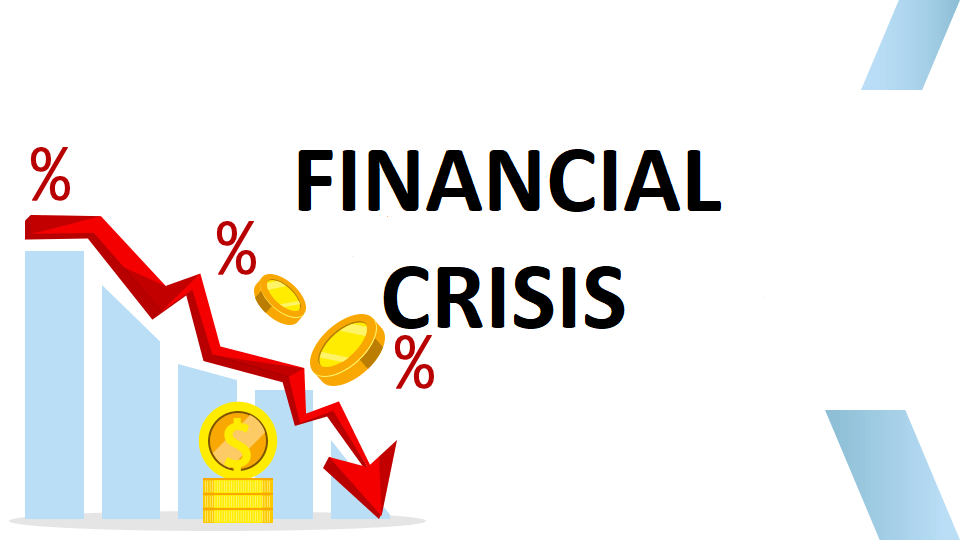
A financial crisis can strike unexpectedly, leaving you scrambling to make ends meet. Whether it’s due to job loss, a medical emergency, or unexpected expenses, protecting your credit score during such challenging times is crucial. Your credit score is a cornerstone of your financial health, influencing your ability to secure loans, rent a home, or even land a job. Here’s how to safeguard your credit score during a financial crisis:
1. Understand Your Financial Situation
Start by evaluating your current financial condition. List all your income sources and monthly expenses to understand your cash flow. This step will help you identify which expenses can be reduced or eliminated, freeing up funds for essential payments like bills and debts.
2. Prioritize Essential Payments
Focus on paying bills that impact your credit score the most, such as credit card payments, mortgage or rent, and auto loans. Missing these payments can lead to severe consequences, including late payment marks on your credit report.
3. Communicate with Your Creditors
If you’re struggling to meet your obligations, don’t hesitate to contact your creditors. Many lenders offer hardship programs that can include deferred payments, reduced interest rates, or modified payment plans. Communicating proactively can prevent missed payments from being reported to credit bureaus.
4. Monitor Your Credit Regularly
During a financial crisis, vigilance is key. Check your credit report frequently to ensure no errors or unauthorized activities are affecting your score. You’re entitled to one free credit report annually from each of the three major credit bureaus through AnnualCreditReport.com. During certain crises, such as the COVID-19 pandemic, free weekly reports may be available.
5. Avoid Taking on New Debt
While it may be tempting to use credit cards or take out loans to stay afloat, proceed with caution. Adding new debt can increase your credit utilization ratio—the percentage of your credit limit in use—and negatively impact your score. If possible, explore alternative resources like personal savings or assistance programs.
6. Consider Credit Counseling
Nonprofit credit counseling agencies can provide professional advice and create a debt management plan tailored to your situation. These agencies can negotiate with creditors on your behalf and help you navigate financial challenges without harming your credit score.
7. Use Payment Tools Wisely
Set up autopay or calendar reminders for your bills to ensure you don’t miss due dates. Even during a crisis, consistent on-time payments are one of the most significant factors affecting your credit score.
8. Leverage Secured Credit Cards
If your credit score is at risk due to missed payments, consider using a secured credit card to rebuild it. Secured cards require a deposit as collateral, making them a low-risk option for maintaining or improving your score.
9. Beware of Credit Repair Scams
Financial crises can make you vulnerable to predatory practices. Be cautious of companies that promise to “fix” your credit quickly for a fee. Reputable credit repair involves legitimate steps, such as disputing errors on your credit report and negotiating with creditors directly.
10. Focus on Long-Term Recovery
A financial crisis won’t last forever, but its impact on your credit can linger if not managed properly. Once you regain stability, work on building an emergency fund to cushion future financial shocks. Additionally, continue monitoring and improving your credit to rebuild what may have been lost.
Final Thoughts
Safeguarding your credit score during a financial crisis requires proactive planning, open communication, and financial discipline. By prioritizing essential payments, seeking help when needed, and staying informed, you can protect your credit and position yourself for a quicker recovery. Remember, your credit score is not just a number; it’s a reflection of your financial resilience and responsibility—qualities that are more important than ever during challenging times.
